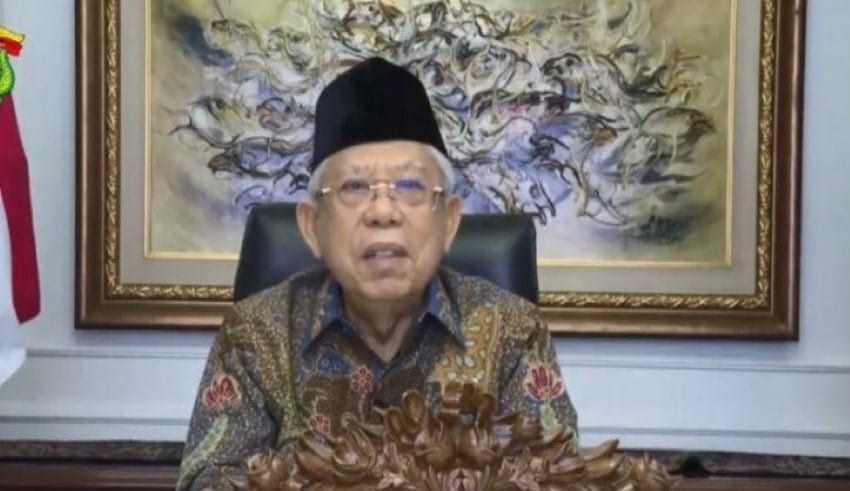
The COVID-19 pandemic, which has set off a worldwide monetary emergency, is representing a genuine test to numerous nations, including Indonesia, in their endeavors to meet the UN Sustainable Development Goal of finishing neediness by 2030.
Inferable from the pandemic’s effect on the economy, worldwide destitution could increment interestingly since 1990, addressing an inversion of roughly a time of worldwide advancement in diminishing neediness, as indicated by an investigation by the United Nations University
The World Bank, in its Poverty and Shared Prosperity Report, distributed in October, 2020, affirmed that the neediness decrease progress has hindered inferable from the effect of COVID-19.
The pandemic is assessed to push an extra 88 million out of 115 million individuals into extraordinary neediness in 2020, with the absolute ascending to upwards of 150 million this year, contingent upon the seriousness of the financial withdrawal, as indicated by the report.
They are highlighting that the pandemic and worldwide downturn may cause over 1.4 percent of the total populace to fall into outrageous neediness. Along with this, the Indonesian VP Ma’ruf Amin as of late brought up that an increment in the neediness rate and a more extensive social hole were among the soonest to-surface effects of the Coronavirus pandemic.
He featured the various estimates taken by the public authority through the Coronavirus Dealing with and Public Financial Recuperation Program (PEN) to moderate the effect of the pandemic on neediness and weakness. Indeed, the public authority has guaranteed that PEN, particularly social insurance, in 2020, safeguarded more than 5,000,000 individuals from destitution in the midst of the pandemic.
The government backed retirement programs have been the fundamental instrument for ensuring poor and weak individuals during the pandemic and altogether affect destitution moderation. The projects incorporate government managed retirement and wellbeing access programs, money moves, joblessness advantage programs, and expanded admittance to computerized framework, especially to help admittance to schooling.
To keep up individuals’ livelihoods, the public authority has additionally offered help to less blessed networks by taking estimates, for example, bringing down power levies, unwinding charges, facilitating credit, making new openings, and circulating day by day fundamental necessities, for example, food bundles containing rice, cooking oil, and sugar.
Kacaribu noticed that the public authority’s mediation secured the utilization of poor people, yet in addition those from the center level of pay.




